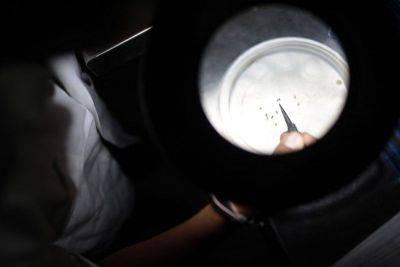Go to DoH: Prevent spread of Nipah virus
SEN. Christopher «Bong» Go called on the Department of Health (DoH) and other relevant agencies to implement stringent measures to prevent the potential spread of the Nipah virus (NiV) in the country.
The chairman of the Senate Committee on Health and Demography reminded Filipinos to remain vigilant against the Nipah virus, which had affected other countries.
The Nipah virus, as identified by the World Health Organization (WHO), is a zoonotic illness that can be transmitted from animals to humans.
Its high fatality rate ranges from 50 percent to 70 percent. This means that it poses a significant risk, affecting three to four out of every five infected individuals, Go said.
He noted that outbreaks of the Nipah virus have occurred in Bangladesh and India, where people fell ill after consuming fruits and raw date palm juice contaminated with the urine or saliva of infected fruit bats.
«I would like to reiterate the importance of protection against any health threats like this Nipah virus,» Go said in Filipino and English during the Senate hearing on the proposed 2024 budget of the DoH.
«In these times, we should not set aside the measures needed to maintain our health and safety from any harm,» he added.
DoH Undersecretary Maria Rosario Vergeire reassured the public that there is no Nipah virus outbreak yet in the country. The last Nipah virus case in the country was recorded in 2014, where «there were a number of individuals in a community in Sultan Kudarat who were detected» with Nipah virus.
The primary mode of transmission for Nipah virus infections is direct contact with sick pigs or their contaminated tissues. It can also be transmitted through unsafe contact with pig secretions and tissues.







